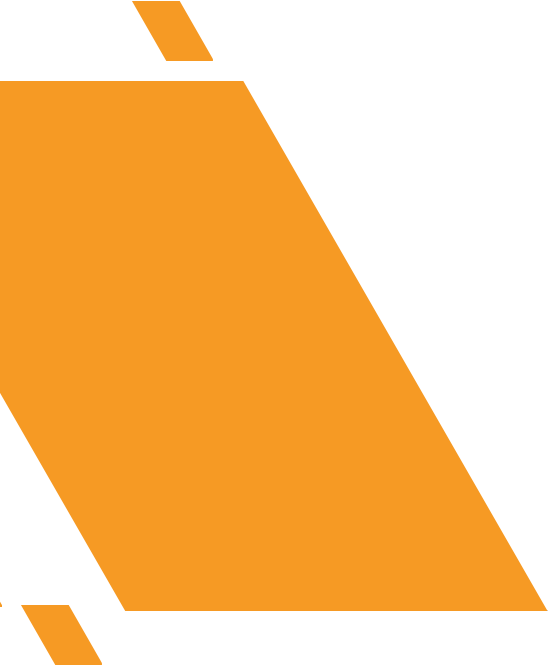
On average, services and parts departments make up a significant chunk of the business revenue in car agencies. However, your finance and insurance section should be a close second. If that isn't the case, then it's about time you had a rethink of your whole strategy and make more provisions for dealer reinsurance.
With savvy firms placing so much attention in dealer reinsurance, it's crucial to have a closer look at what it entails. Besides, compare several avenues to determine their suitability and effect on your gross profits.
What dealer reinsurance is all about
Take the example of a dealer who enters into a working relationship with an insurance company that deals directly with their clients. As such, the customers remit premiums, most likely every month to the insurance firms. Then, should the clients need to file a claim, it is the duty of the carrier to handle the responsibility at any point.
Conversely, in the case of dealer reinsurance, the functions fall into your docket. This way, reinsurance shifts the risk from the more significant insurance underwriter to your dealership's reinsurance firm. On the other hand, dealer reinsurance provides an avenue for dealers to have a stake in the overall underwriting profits, including investment incomes resulting from finance and insurance (F&I) products the dealers sell.
Retro vs. Re-insurance
A Retrospective "Retro" option enables dealers to take part substantially in the share of underwriting profits and investment incomes without the need of taking any risk. Further, the level of appropriation is dependent on the volume of motor vehicle service legal agreements the management company sells, besides the underwriting profits generated by the dealership.
From the discussion above, you'll notice that the retrospective commission arises as a result of F&I provisions and is paid directly to the dealership company. Moreover, underwriting profits are computed on an earned basis—other times alongside investment income, with the dealership receiving the remuneration. All in all, the payments are made in advance, with the provision of future offsets and option of payback liability.
Benefits: If you were to look at the amendments in the income tax rates (2017), they translate to Retros accrued by the dealership corporations being subject to less income tax than in previous years.
However, nothing changes with the profit sharing structure, and dealerships have to contend with reduced profit involvement, curtailed investment earnings, and significantly higher administration charges.
In the alternative case of reinsurance, several structural choices are available and include:
Dealer Owned Warranty Company (DOWC) underlines another relatively suitable alternative. Like in the case of NCFC, this option favors broader dealership groupings, yet its efficiency (depending on individual states) remains relatively intact even after the coming into effect of the 2017 Tax Cuts and Jobs Act.
Affiliated Reinsurance Company, also known as Allied Risk Company. This arrangement is substantially popular with many auto dealers for several reasons. It provides attractive tax benefits depending on administrator policies, in addition to the following:
- Dealer oversight of investments
- Possibility for loans on the back of unearned premium
- Service tie-back for client retention aiming to push fixed operations
- Flexible coverage, terms, and rates that target to counter the needs of local markets
Reinsurance can be a complex area, and you have to thoroughly interrogate the options available to ensure that you're making the right call. For automotive consultation services, dealership training, and F&I products and services, contact us to get more insights.




